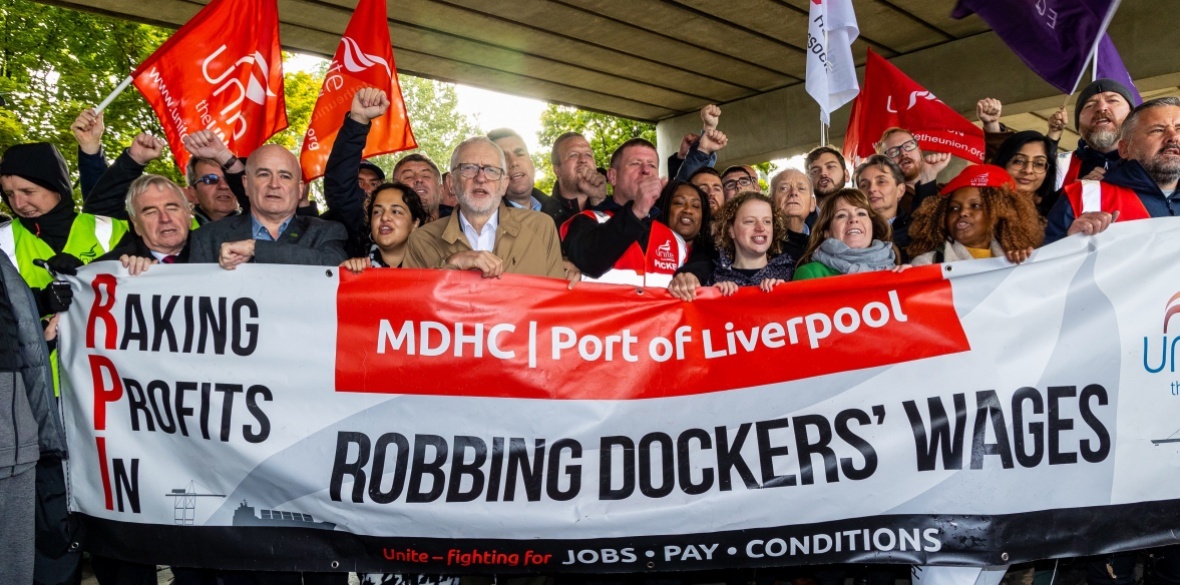FROM the New Statesman stable of warmed-over Labour rightwingers comes the startling suggestion that the situation Liz Truss and her Chancellor find themselves in is analogous to that Jeremy Corbyn endured.
Their staggering conceit is that the left-wing leadership elected by Labour’s vastly enlivened membership was in some sense the same as the Truss tendency in the Tory Party — an out-of-touch cadre of true believers unable to comprehend why they were failing to connect with the British people.
There is a very superficial similarity here. Both Corbyn and Truss had support among their respective party memberships but did not enjoy the confidence of their parliamentary parties.
There the similarity ends. Truss was elected from a small and declining pool of rather elderly reactionaries. Corbyn was elected by a stonking majority from a vastly expanded and increasing membership of progressive people and youth.
Corbyn won the largest increase in the Labour vote since 1945 and with an almost unprecedented total Labour vote. On current opinion polls the Tory Party under Truss is up to 33 points down.
Current Tory Party policy is so unpopular that big business has commanded an audience in order to warn the two senior office-holders of state to do something double-quick about the crisis their policies has precipitated.
By way of contrast, Corbyn’s platform of public ownership of rail, mail, energy and utilities clocks up majorities even among Tory voters.
So popular is the idea of public ownership that even that staunch defender of the status quo Keir Starmer was moved to announce — to applause — that Labour would set up a publicly owned green energy company.
He still intends to leave the energy monopolies untouched but his proposal showed a surer sensitivity to the popular mood than hitherto.
In a sense, the Truss administration is experiencing what a Corbyn government might have expected had won a handful more votes in 2017.
In departing from the ruling-class consensus her Chancellor, Kwasi Kwarteng, has triggered a response from those instruments of capitalist class rule that are most divorced from popular control.
It is almost as if the Bank of England is the government (with the Starmer leadership playing chorus to the bank’s solo) and with Truss leading a beleaguered opposition.
It was Gordon Brown who engineered the surrender of the bank’s powers to a nominally “independent” body of bourgeois economists and City big-wigs.
This left his Labour government without direct control over a principal instrument of monetary and fiscal policy, and Kwarteng is equally circumscribed.
The Truss administration will, of necessity, take account of what the powers that be want out of this situation. But one thing around which they may gather a wider range of consensus than their economic policy attracts is the assault they plan on trade union rights.
The TUC has come out with a warning that the government’s schemes to limit the right to strike are “illegal.”
We know that what circumscribes the majesty of the law when it comes to industrial relations is the willingness of workers to take no notice.
To rely on legal advice will not work in the absence of a mass movement of workers who regard the law as irrelevant to their sense of what is just.
In another age 20,000 angry workers besieged Pentonville Prison to spring five dockers from jail just as soon as ministers could get the official solicitor in a cab to Pentonville Road.
Every mass picket line up and down the country this weekend trumps both the existing law and anything the Tories intend to introduce.










